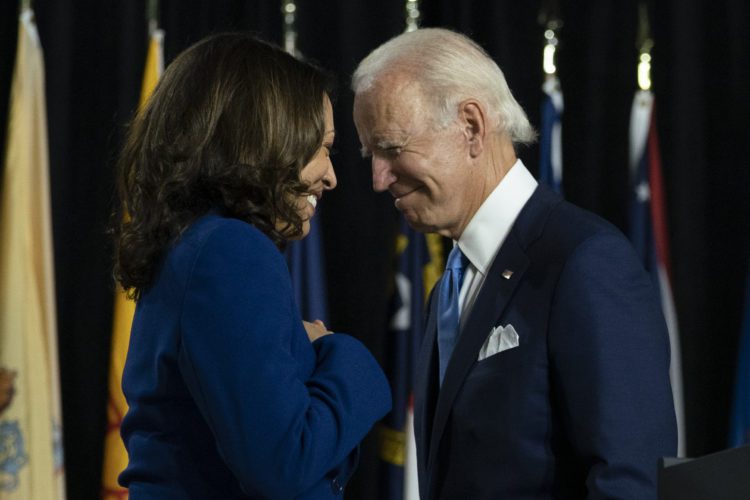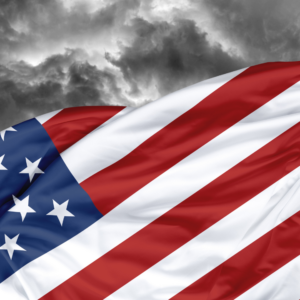It’s all coming crashing down.
The various handouts and moratoriums during the pandemic drove the personal savings rate down to World War II levels. Everything was closed and there weren’t many opportunities to spend. US consumers paid off a record $83 billion in credit card debt during the pandemic. Unfortunately, this didn’t last very long.
Credit card balances reached an alarming $841 billion in the first three months of 2022 alone, and the Federal Reserve expects that figure to continue rising due to increasing costs, high inflation, and the unstable price of living.
The Federal Reserve reported that revolving credit card debt in April reached $1.103 trillion, surpassing pre-pandemic levels and spiking 20% from the prior year.
Household debt is now close to $16 trillion after consumer debt spiked 1.7% in Q1.
The rising interest rates will only make matters worse for those who are already struggling with debt, causing them to carry an even higher amount of debt. Once the prime rate rises, credit card companies will follow. The APR on credit cards is already 16.61%, nearing the high of 17.87%, on average, but is expected to rise. Debt can easily become a vicious cycle from which there is little escape for the average person.
As housing, food, gas, and other necessities rise, those who are already void of liquid assets will find themselves in a dire situation.
A recession is around the corner and the dollar is expected to collapse at some point. It simply cannot sustain itself. What’s it backed by again?
President Biden printed 40% of all the dollars in existence in only 12 months of his presidency.
For some reason, governments worldwide thought it was a good idea to shut down the entire global economy for a virus with a very high survival rate. Their solution to COVID was an economic collapse and a gene-altering vaccine that Big Pharma could profit BILLIONS of dollars from…
The pandemic’s integrity has been in question since the day it was officially declared on March 11th, 2020.
I’m still trying to understand what Build Back Better really means… Klaus Schwab can give you his two cents here.


















Add comment